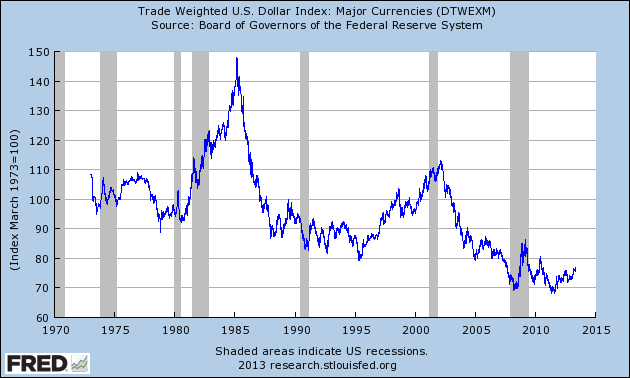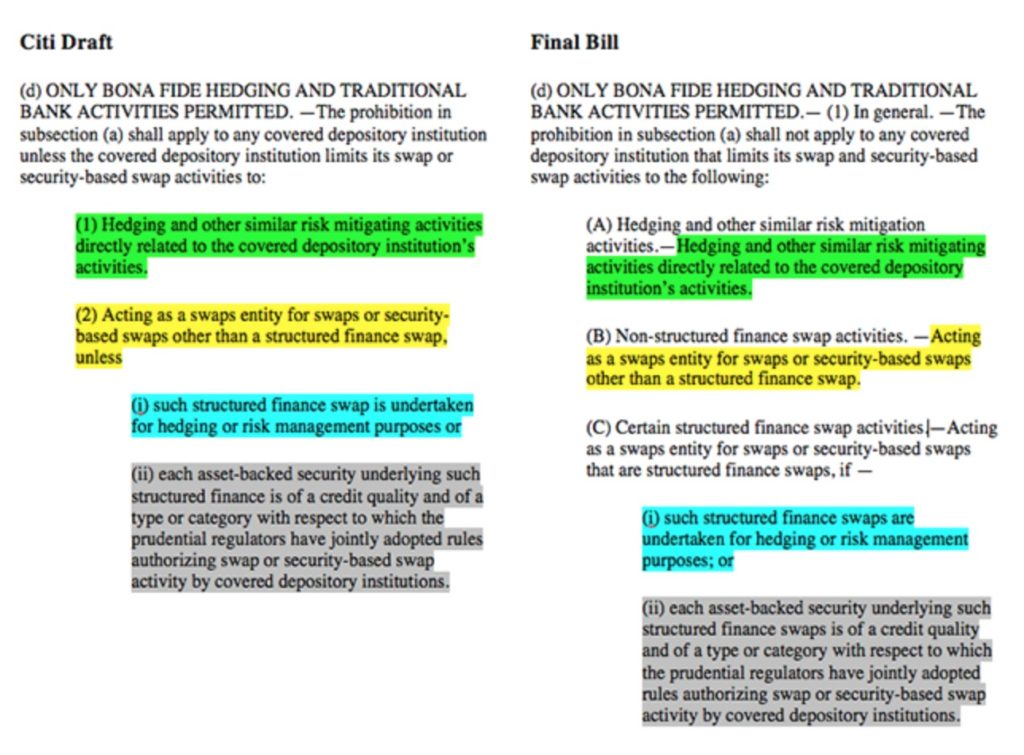Re: A "Flood" of new oil : Be Careful What You Wish For
this ignores the possibility that formerly investment grade securities were downgraded to junk because of the drop in energy prices. if so, the service required will be less punitive, since the financings would have been done at lower rates.
about the rest of the hutchinson piece: he assumes that $60-70 will remain the oil price indefinitely. i'm not convinced this lower price will persist very long.
i would love to hear grg55's take on that issue.
The energy sector now represents 15% of the U.S. junk bond market, a percentage that has doubled over the last few years. While some of that borrowing has gone to invest in refineries, which benefit from lower prices, and pipelines, which are close to neutral, any that has gone toward the production of oil or gas is likely to be very difficult to service.
this ignores the possibility that formerly investment grade securities were downgraded to junk because of the drop in energy prices. if so, the service required will be less punitive, since the financings would have been done at lower rates.
about the rest of the hutchinson piece: he assumes that $60-70 will remain the oil price indefinitely. i'm not convinced this lower price will persist very long.
i would love to hear grg55's take on that issue.






Comment